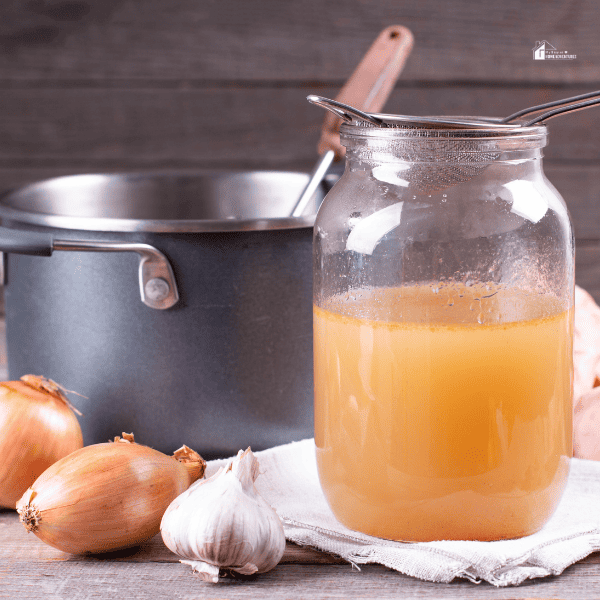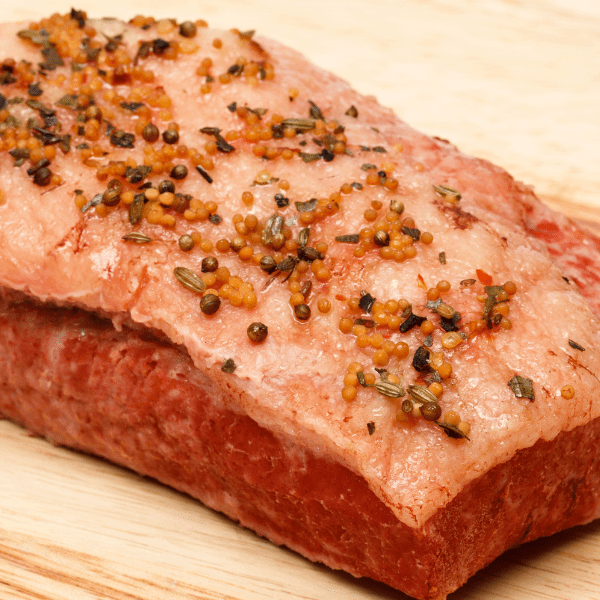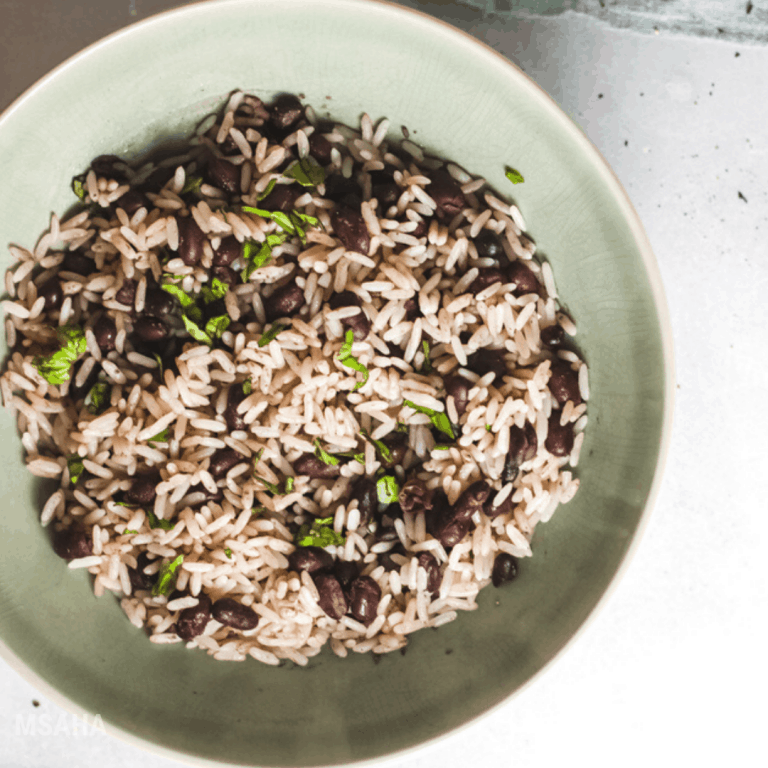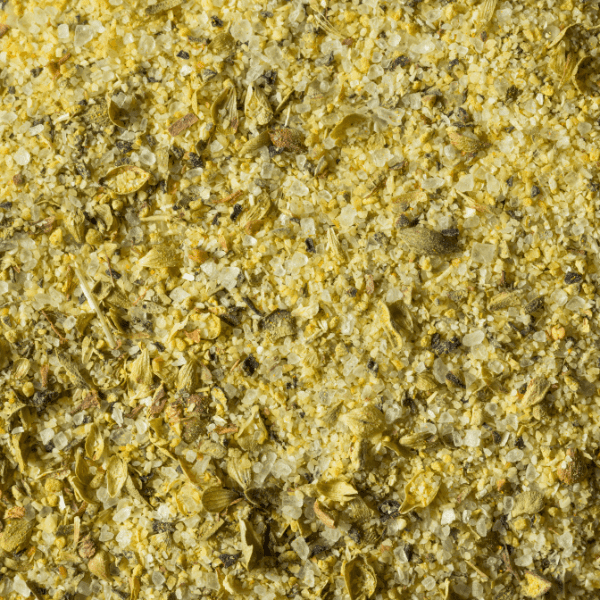How To Substitute Coconut Cream In Any Recipe
This post may contain affiliate links which might earn us money. Please read my Disclosure and Privacy policies hereCoconut cream is a creamy and versatile ingredient commonly used in many different types of recipes. From sweet desserts to savory curries, coconut cream can be a perfect addition to many dishes.
However, finding an effective substitute for the ingredient can be difficult for those who have allergies or dietary restrictions or do not have access to coconut cream.
Luckily, several easy-to-find alternatives can help you create delicious dishes without compromising flavor or texture.
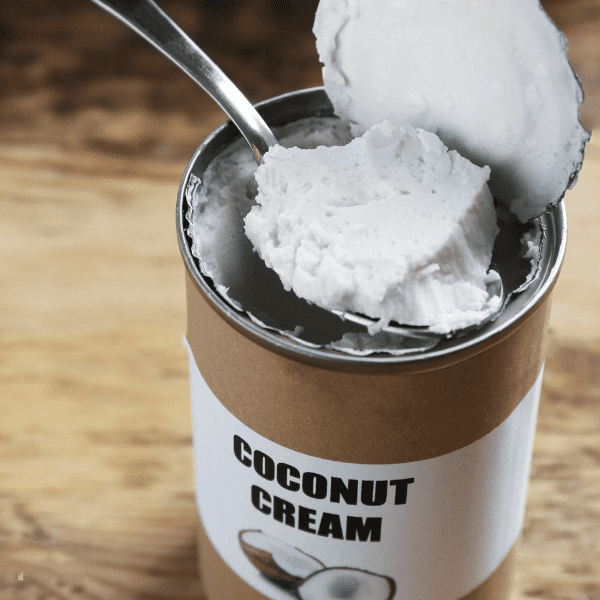
What can I use instead of coconut cream?
Are you looking for something to substitute coconut cream in a recipe? Coconut cream can make dishes creamy and delicious, but other ingredients can do this. Here are some options for those who don't have access to coconut cream or want to try something new.
- Silken tofu: This is a great dairy-free alternative for those who want the same creamy texture as coconut cream might provide. You can blend it with other ingredients such as vegetable stock, non-dairy milk, herbs, and spices until you get your desired consistency in a dish.
- Nut butter or mashed banana: For vegan recipes, these will help keep the same flavor profile without having to add any dairy products.
- Cashew milk has a creamy texture that works well as a substitute for coconut cream in savory and sweet dishes.
- Almond milk: Almond milk tends to have a slightly less thick consistency than cashew milk, but its nutty flavor makes it perfect for baking cakes and other desserts. Add melted butter or margarine to the mix to achieve even more richness from almond milk.
- Avocado: This is another great option because it provides a creamy texture while adding healthy nutrients simultaneously.
Can I use regular milk instead of coconut cream?
For those who don't have access to coconut cream, regular cow's milk can work as an adequate substitute. But there are a few things to consider before making the switch.
Regular milk will give your dish a thinner consistency than coconut cream. As a result, it won't be as rich and creamy as usual. To make up for this, adjust the recipe by adding more herbs and spices for flavor or using other plant-based ingredients like nuts or seeds for texture. Additionally, if your recipe calls for canned coconut cream, regular milk won’t work since it doesn’t provide enough fat to thicken the dish appropriately.
What is the same as cream of coconut?
The most common substitute for cream of coconut is condensed milk mixed with shredded unsweetened coconut flakes. This combination produces a creamy texture with a hint of sweetness similar to the original product.
Another option is evaporated milk blended with sugar and shredded unsweetened coconut flakes, which yields a sweeter version than when using condensed milk.
Finally, for those looking for an even sweeter alternative, canned coconut milk combined with sugar will provide the desired flavor without sacrificing the creamy consistency.
Whatever option is chosen, it should be noted that none will offer exactly the same flavor as real cream of coconut; however, substitutions can still bring delicious results when used correctly.
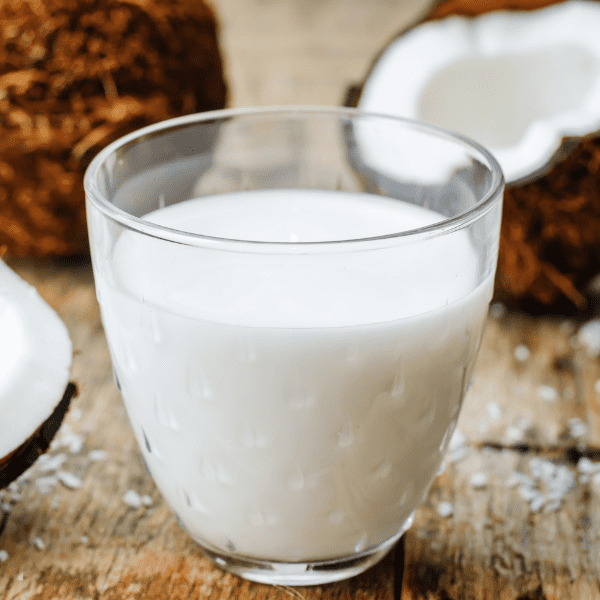
Can I use condensed coconut milk instead of coconut cream?
Condensed coconut milk can be used as an alternative to coconut cream if you don’t have access to the latter. Although it won’t give you the same thick consistency as using cream, it still adds a creamy taste and texture to your dish while still allowing it to retain some of its original flavors. Add cornstarch or arrowroot powder when cooking your recipe to compensate for the lack of thickness that comes with not using cream.
The key difference between these two ingredients is their respective fat content. Coconut milk contains less fat than its creamy counterpart; it also has more water content, allowing it to thin out when heated. On the other hand, coconut cream has a much higher fat content – making it suitable for use in decadent desserts such as puddings and custards.


